A Facebook friend posted a Quora answer to When people read hundreds of books a year, how much of them do they actually remember? I don’t know about “hundreds”, but I did read about 100 books in 2016 and chances are good I’ll break 100 again this year, too. Here’s the setup:
I read an embarrassing number of books (I’m in danger of having no life) but if I met you at a party (which I wouldn’t, because I have no life) and you mentioned a book that you’d read and I’d also read it, I might not admit it.
I’d lie because unless it was really, really special, I wouldn’t remember enough to talk about it intelligently.
The gist of the response thereafter is that it’s fine if you don’t remember the books you read, because (in this case) you can still harvest them for good ideas. And I think this is fine. It’s a perfectly valid reason to read books. Another valid reason would be the food analogy. You probably can’t remember (in any great detail) what you had for lunch last month, but it’s pretty important that you ate something right? Otherwise you’d starve. And so maybe books are kind of like food for your brain. Even if you don’t remember the specifics of any given meal, it still helps to have a high-quality diet. Another valid response.
But here’s one more: you can store what you remember about a book in your cyberbrain.
The idea of using computers–and especially the Internet / cloud–to augment human memory is an old one. And it’s not theoretical. It’s exactly what I do with my Goodreads reviews. I try to write a review of every book I read[ref]Including the ones I stop reading in disgust.[/ref] I also take lots and lots of notes in Evernote. Then, I promptly forget what I read. Sometimes I literally forget that I read a book at all. But when I go back and reread my reviews, a lot of my initial impressions come back.
Over my lifetime, I’ve certainly read thousands of books. And for the most part, I can’t remember them. I kind of have a big hole in my memory between the first few books I really loved as a kid in elementary school and middle school and the books that I started reviewing on Goodreads. In between, I really only remember a few books. The only exception is the ones I have on my shelves. If I pick up those paperbacks, I can basically always remember the overall plot and sometimes a surprising amount of detail. I just need the cues provided by the cover art–and maybe just the existence of a physical reminder–to trigger all those memories.
The Goodreads reviews are like that, but even better.
So review your books, kiddos. It’s like a diary of your literary life, and it can help you keep hold of memories that would otherwise be totally lost.

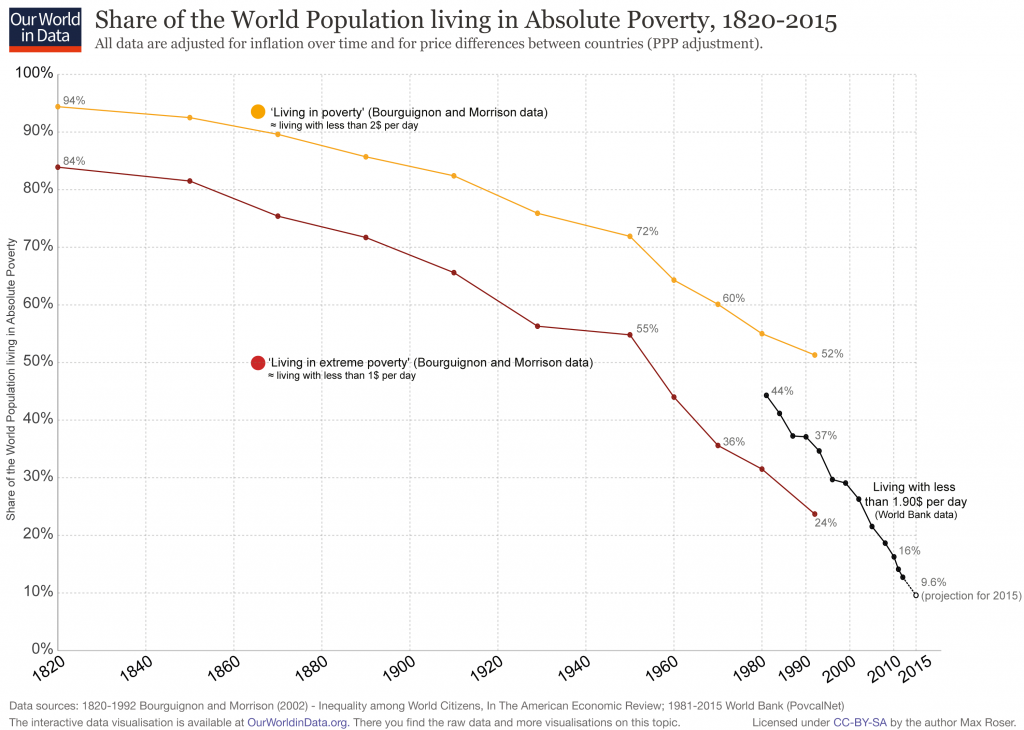

 Well, this should be obvious, but it still stings. I’ve experienced an
Well, this should be obvious, but it still stings. I’ve experienced an 



 A couple months ago, I gave a talk on “
A couple months ago, I gave a talk on “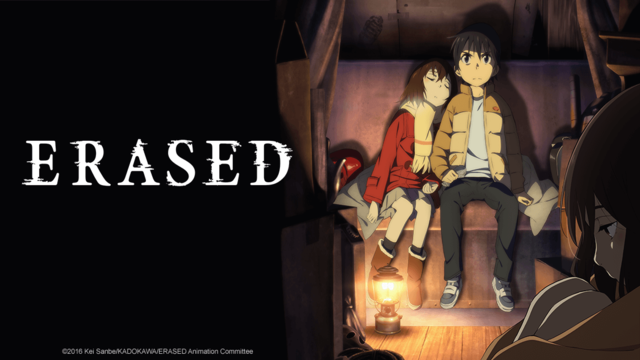
 The story follows Satoru, a 29-year-old loner who experiences what he calls “Revival”: jumps backward in time–signaled by a mystic blue butterfly–moments before deadly events occur. These “revivals” are usually only about 1-5 minutes. However, when his mother (a former journalist) digs up an old kidnapping case and is herself murdered by the kidnapper,[ref]This is the first episode, so it’s not much of a spoiler.[/ref] Satoru’s revival takes him back 18 years to grade school prior to the original kidnappings that set all of the story’s events in motion. As a child with the memories of his 29-year-old self, Satoru seeks to befriend the kids that would eventually end up as victims in an attempt to save them and catch the killer. While the series is wracked with tension from the unfolding murder mystery, the emotional resonance is particularly potent[ref]The breakfast scene![/ref] as the show delves into the subjects of loneliness, abuse, and finding joy in the relationships we create.
The story follows Satoru, a 29-year-old loner who experiences what he calls “Revival”: jumps backward in time–signaled by a mystic blue butterfly–moments before deadly events occur. These “revivals” are usually only about 1-5 minutes. However, when his mother (a former journalist) digs up an old kidnapping case and is herself murdered by the kidnapper,[ref]This is the first episode, so it’s not much of a spoiler.[/ref] Satoru’s revival takes him back 18 years to grade school prior to the original kidnappings that set all of the story’s events in motion. As a child with the memories of his 29-year-old self, Satoru seeks to befriend the kids that would eventually end up as victims in an attempt to save them and catch the killer. While the series is wracked with tension from the unfolding murder mystery, the emotional resonance is particularly potent[ref]The breakfast scene![/ref] as the show delves into the subjects of loneliness, abuse, and finding joy in the relationships we create.
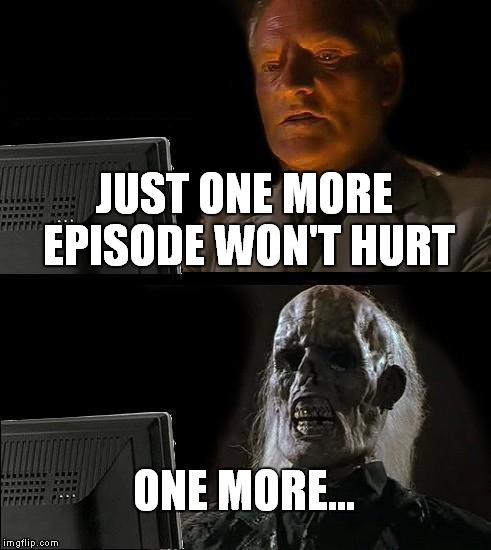
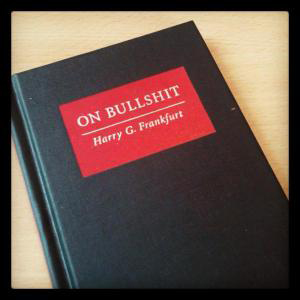 Several years ago, philosopher Harry Frankfurt released his brief essay
Several years ago, philosopher Harry Frankfurt released his brief essay 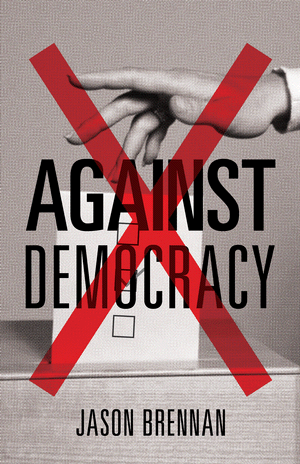 When I shared Jason Brennan’s newest book
When I shared Jason Brennan’s newest book